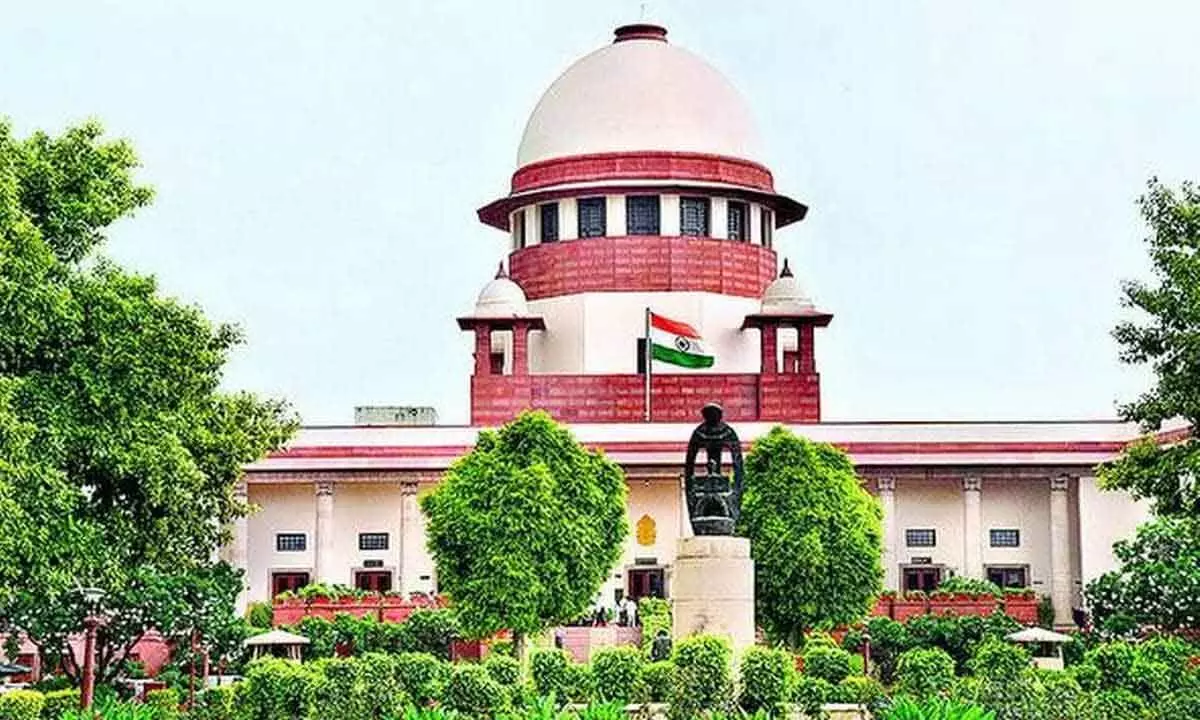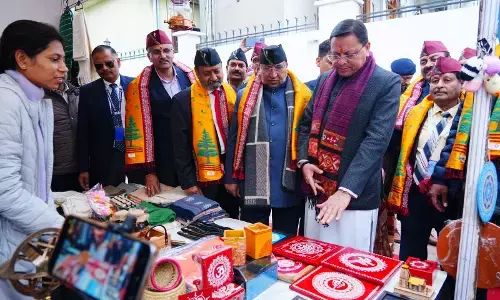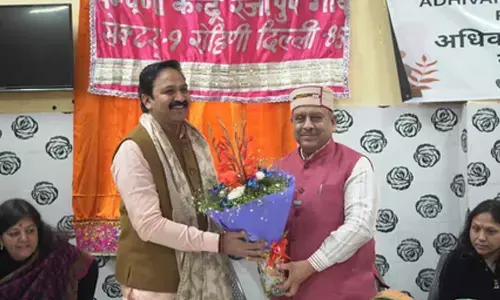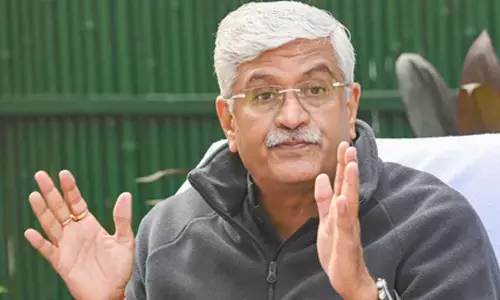Additional restrictions can't be imposed on freedom of speech of lawmakers: SC

The Supreme Court on Tuesday held that no additional restrictions other than those prescribed under Article 19(2) of the Constitution can be imposed on the right to free speech of a citizen, and emphasized that restrictions under Article 19(2) are exhaustive.
The Supreme Court on Tuesday held that no additional restrictions other than those prescribed under Article 19(2) of the Constitution can be imposed on the right to free speech of a citizen, and emphasized that restrictions under Article 19(2) are exhaustive.
A five-judge constitution bench headed by Justice S.A. Nazeer and comprising Justices B.R. Gavai, A.S. Bopanna, V. Ramasubramanian, and B.V. Nagarathna, delivered the verdict. However, Justice Nagarathna delivered a separate judgment.
Justice Ramasubramanian, reading the majority judgment, said no additional restrictions against free speech can be imposed except those mentioned under the Article 19(2) of the Constitution.
"The grounds...in Article 19(2) for restricting the right to free speech are exhaustive... additional restrictions not found in Article 19 (2) cannot be imposed on the exercise of the right conferred by Article 19 (1) (a)", said Justice Ramasubramanian.
The top court said a minister's statement can't be vicariously attributed to the government and the minister is liable for the statement himself.
The constitution bench judgement delivered the verdict on whether restrictions can be imposed on the right to freedom of speech and expression of a public functionary.
Justice Nagarathna said hate speech strikes at the root of equality and fraternity and added that fundamental duties could be used to check disparaging speeches and promote harmony among citizens.
Justice Nagarathna said the court cannot impose any greater/ additional restrictions on the fundamental right of free speech of such public functionaries.
The detailed judgment in the matter will be uploaded later in the day.
The case originated from a statement made by Azam Khan, then Uttar Pradesh minister, about gang-rape case victims. The top court was hearing a plea filed by a man whose wife and daughter were allegedly gang-raped in July 2016 on a highway near Bulandshahr seeking transfer of the case to Delhi. The plea also sought lodging of a case against Khan in connection with his controversial statement that the gang-rape case was a "political conspiracy".
In October 2017, a three-judge bench referred the matter to the constitution bench to decide various issues, which included whether a public functionary or a minister can claim freedom of speech while expressing views on sensitive matters.













